For centuries, through to the present day, Britain has been known as a centre of innovation. Experts from around the world chose to come to the UK – to study in British institutions and to launch companies in our entrepreneur-friendly business environment. This environment has led many young Chinese innovators to make the UK their home and see it as a place in which to grow their business. Here Yuan Ren, commentator for the Guardian, speaks to five Chinese innovators in the UK.
The crime stopper
Cheng Tao, Director of SpaceTimeLab, UCL
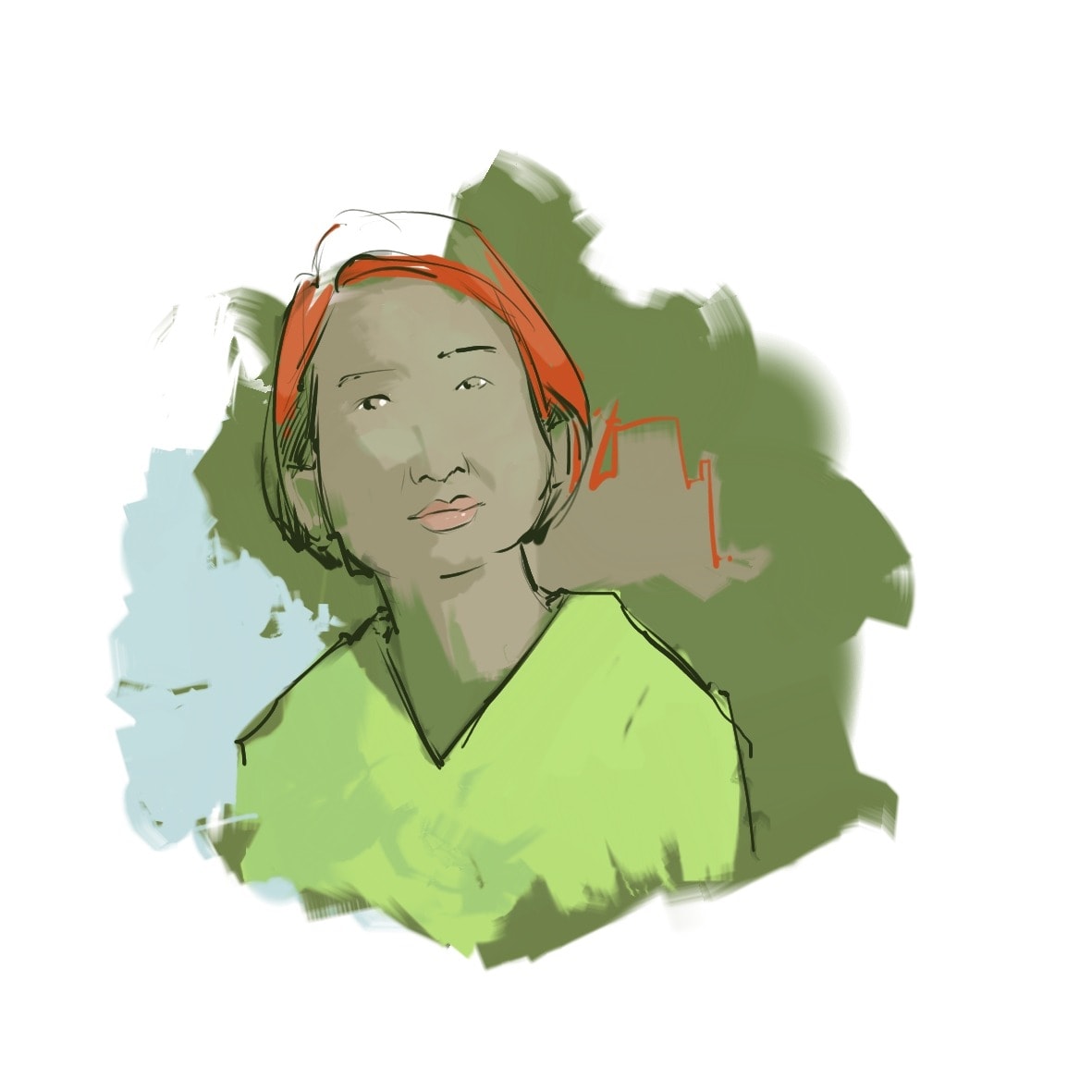
Cheng Tao
Professor Tao is turning the stuff of futuristic spy movies into real life crime fighting with her work as director of SpaceTimeLab at University College London. ‘Intelpol’ or ‘intelligent policing’ (as opposed to Interpol – the International Criminal Police Organisation), is the future for the Metropolitan Police, which in collaboration with UCL, already uses a ‘big data’ based algorithm that pinpoints crime hotspots to within a street or even part of a street.
Going forward however, that technology will grow more advanced, creating live-predictions of where crime will happen. This will be based, in part, on historical crime data but will also reconfigure in real time, as crime happens, giving live instructions to both the policemen on the ground, and to those with the big picture in central command rooms.
This ‘Integrated Platform for Intelligent Policing’ is what Professor Tao’s SpaceTimeLab is currently developing with the Metropolitan police. It has been in testing for the last year and is soon expected to be in operational use.
Tao’s SpaceTimeLab is currently developing ‘Intelligent Policing’ with the Metropolitan police
“No one else has done location-based prediction like this”, explains Tao. On a digital version of this platform, police officers would receive daily patrol instructions that would change and modify according to realities on the ground. While alerting officers to nearby crimes, for example, the programme’s algorithm recalculates the best re-deployment and redistributions in space and time.
The aim, says Cheng, is to reduce crime overall, and the intelligence even more city-specific, taking all the environmental factors into account. “It’s specially developed for the London weather”, explains Cheng. In the future, Cheng is keen to make the software available in China and hopes that collaborations with a Chinese partner will yield further fruits in China’s big cities, changing the way crime is tackled there as well.
The space engineer
Fujia Chen, founder of Oxford Space Structures
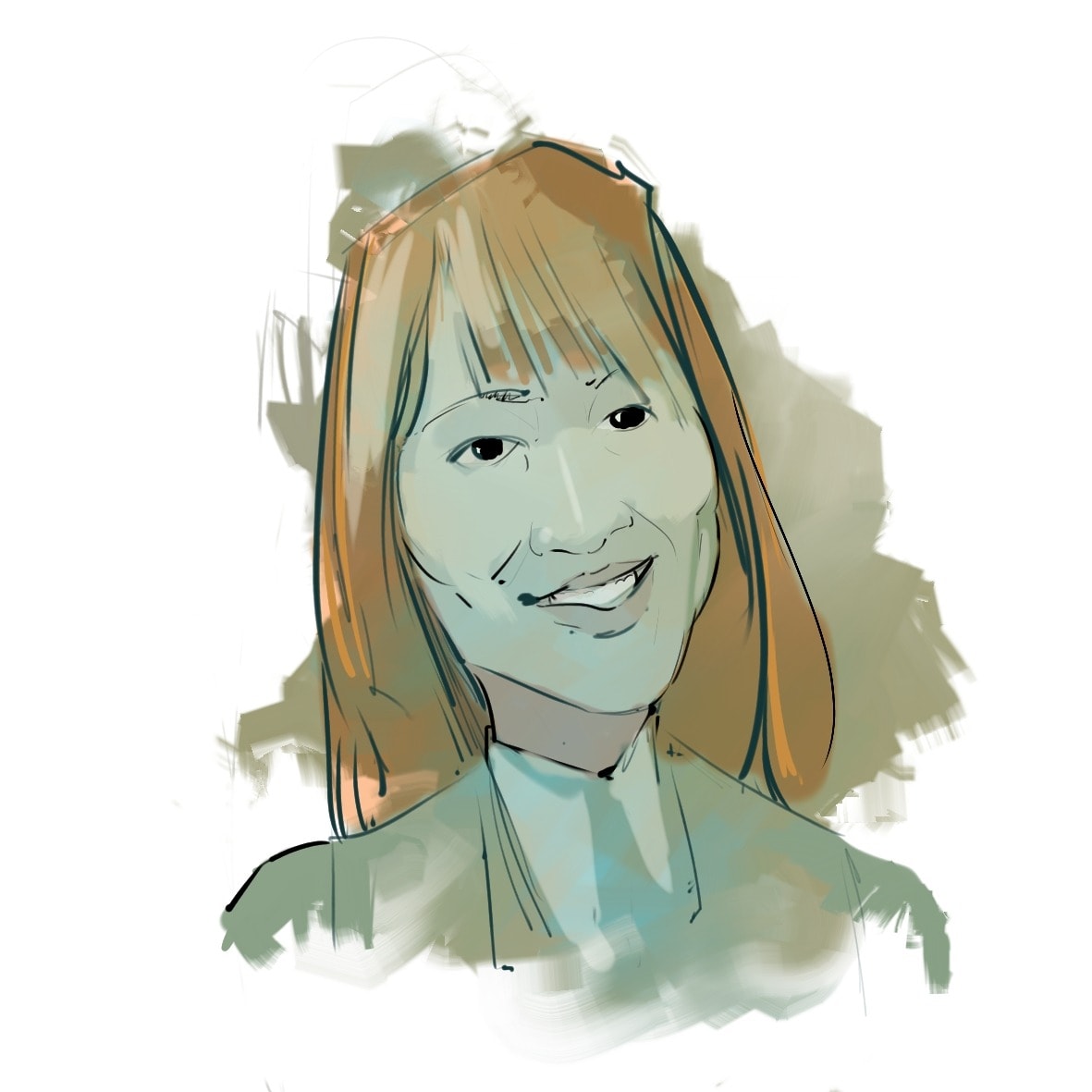
Chen Fujia
Fujia Chen is driven today by the same intellectual hunger that brought her to the UK as a postgraduate student at Oxford University in 2006. Having come from an engineering background in China, she came to Oxford to embark on a PhD in zoology. Ten years later and Dr Chen is now straddling the fields of engineering and space design to produce innovative… baby products.
Chen creates products that use “space technologies to revolutionise baby products.” Her company’s first product to market is the SpaceCot – a travel cot that unfolds in one second and folds again in three. Chen was inspired by “the European Space Agency satellite that uncurls 30,000 miles above the earth”, she says. So far, SpaceCot has secured more than £200k from The European Space Agency, UKTI and Innovation UK, and with a further £600k from private funding.
My goal is to connect great UK design and innovation with the Chinese market
Chen is grateful to her alter mater Oxford University, and the Said Business School, for instilling in her the entrepreneurial spirit. “It was from there that I got the idea of entrepreneurship in technology,” she says. Her MBA programme at the school was tailored to PhD students working in the sciences and nurtured the transfer of tech skills.
Chen, who is from Shanghai, also sees her background in China as “a blessing” in her road to entrepreneurship. It not only helped her set up factory and supply chains in China, it also “helped me to connect with the Chinese market, which is really keen on UK baby products,” she says. The future for Oxford Space Structures is greater collaboration between China and the UK. “My goal is to connect great UK design and innovation with the Chinese market,” she says.
The social media scientist
Vivian Chan, CEO and founder of Spharrho.com
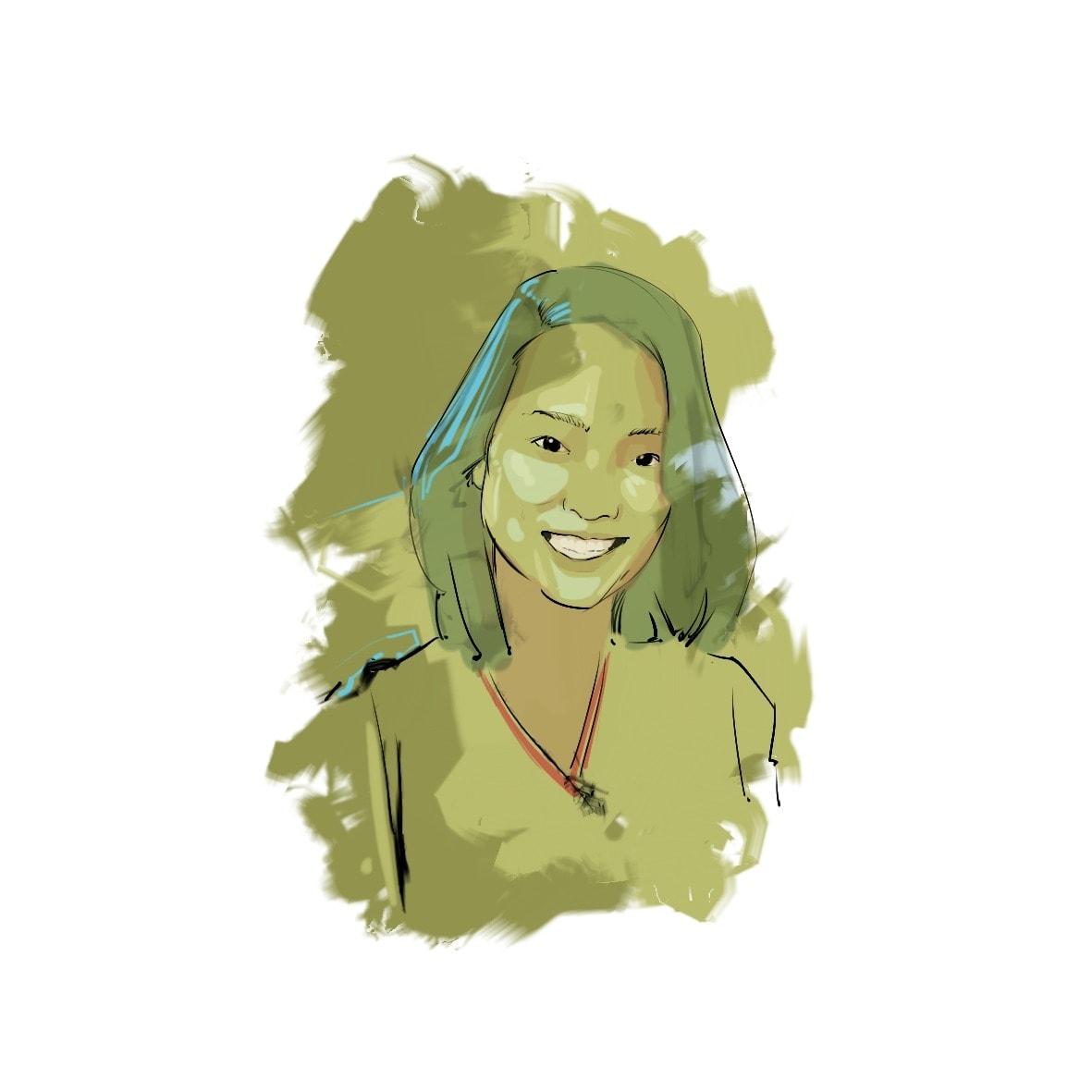
Vivian Chan
Imagine Facebook for scientists. A one-stop shop where you can find 60 million scientific articles all in one place, and a newsfeed of science news tailored specifically for you. This is Sparrho.com, a scientific search engine created by Vivian Chan.
Chan who got her PhD in biochemistry from Cambridge University, created the platform out of frustration that finding up-to-date and relevant scientific information was like searching for a needle in a haystack.
Sparrho gives users personalised results that come from “blending AI with expert human curation”, says Chan. Therefore users can find the science that matters to them and see it in an easily digestible newsfeed. In Chan’s view, scientific knowledge should be accessible to the wider population, who are indirectly paying for much of the research through taxes, as opposed to just an elite few who are trained in it.
I realised how difficult it was for taxpayers to find, access and understand cutting-edge science
“I was working in venture capital and we were investing in life science research,” she says. “I realised how difficult it was for taxpayers to find, access and understand cutting-edge science.” Sparhho’s aim therefore, is about “democratising the information industry in a way that’s never been done before.”
Chan, a former investment process manager originally from Australia, now operates her company out of Cambridge, where she went to university. Her decision to set up her company in the UK was due to the tech talent and the community of “problem solvers” that exist here. Chan also sees the UK’s strong links with China to be promising, particularly in the field of artificial intelligence. “As CEO of an AI-driven start-up, I’m keeping a close eye on China’s excellent work in artificial intelligence and would love to work more closely with Chinese partners in the future,” she says.
The techno mum
Colleen Wong, founder and CEO of Techsixtyfour
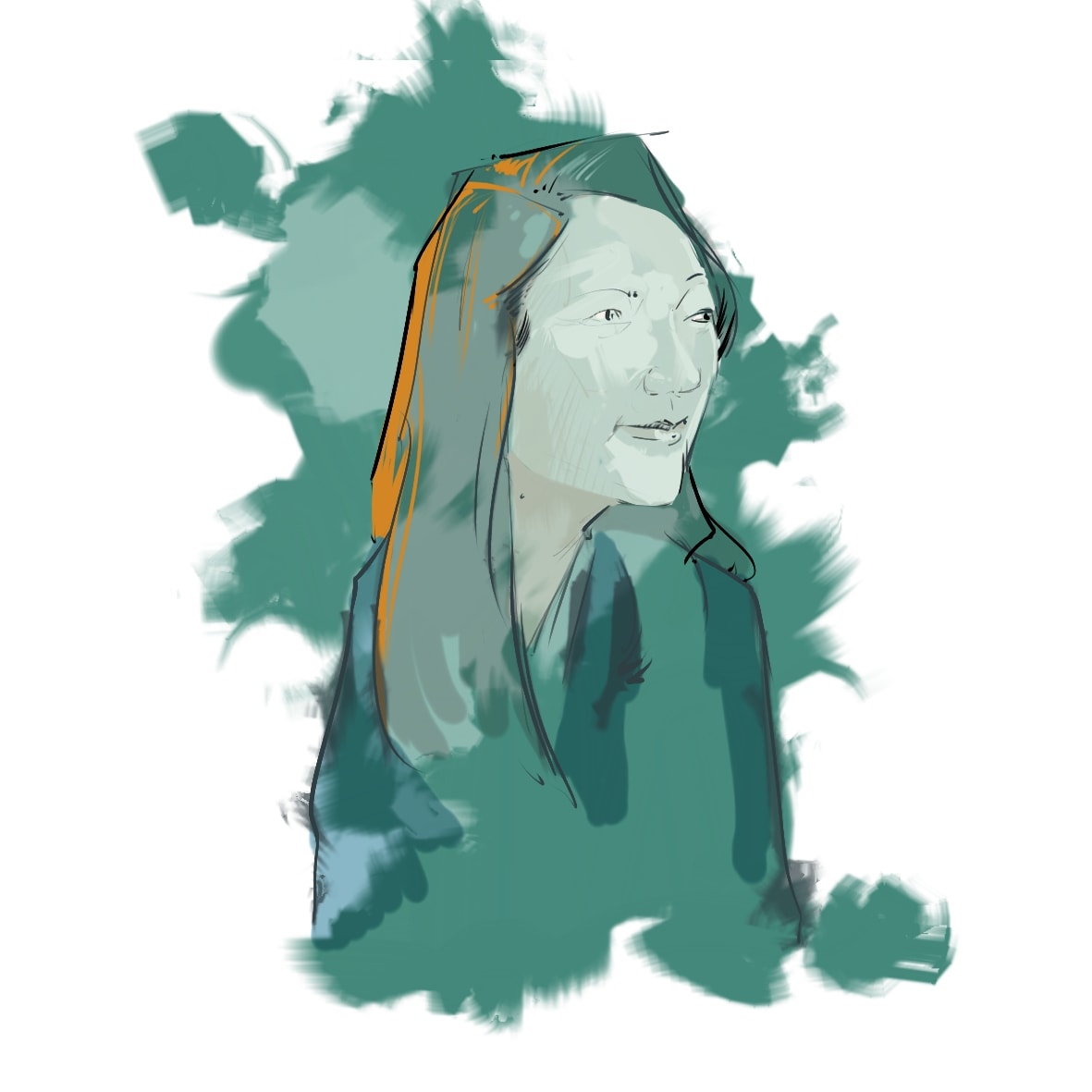
Colleen Wong
In the summer of 2015, Colleen Wong took her two children to a farm park where a seed of an idea was planted. “I saw a mum running around looking for her child, and I wondered why we were not more connected with our younger children when we were so connected with everyone else,” she says.
As a mother herself, Wong knew that giving kids smartphones was not the solution. “The problem is that over 95 percent of parents dislike their younger child using smartphones because of the accessibility to the internet, social media and games,” Wong tells FOCUS. “But for peace of mind, they want to stay connected.”
Wong began her search for an innovative answer, and created a wearable ‘mobile phone’ for young children. By April 2016, she sold her first Gator watch through her company Techsixtyfour.
I wondered why we were not more connected with our younger children when we were so connected with everyone else
The watch is now one of the leading ‘wearable phones’ for kids in the UK – it can make and receive calls, but from no more than 13 people, and it acts as a tracker but is not connected to the internet.
Originally from China, Wong has worked in France, Canada, Singapore as well as in the UK and China and has an MBA from INSEAD. Her background in investment banking has given her a good grounding in entrepreneurship and, she says, her China language skills have worked as “a catalyst.”
Since most consumer electronics products are still made in China, she says. “It has helped me bring my product to market and bridge the gap between the two countries.”
The future of design
Huishan Zhang, designer and founder of fashion label Huishan Zhang
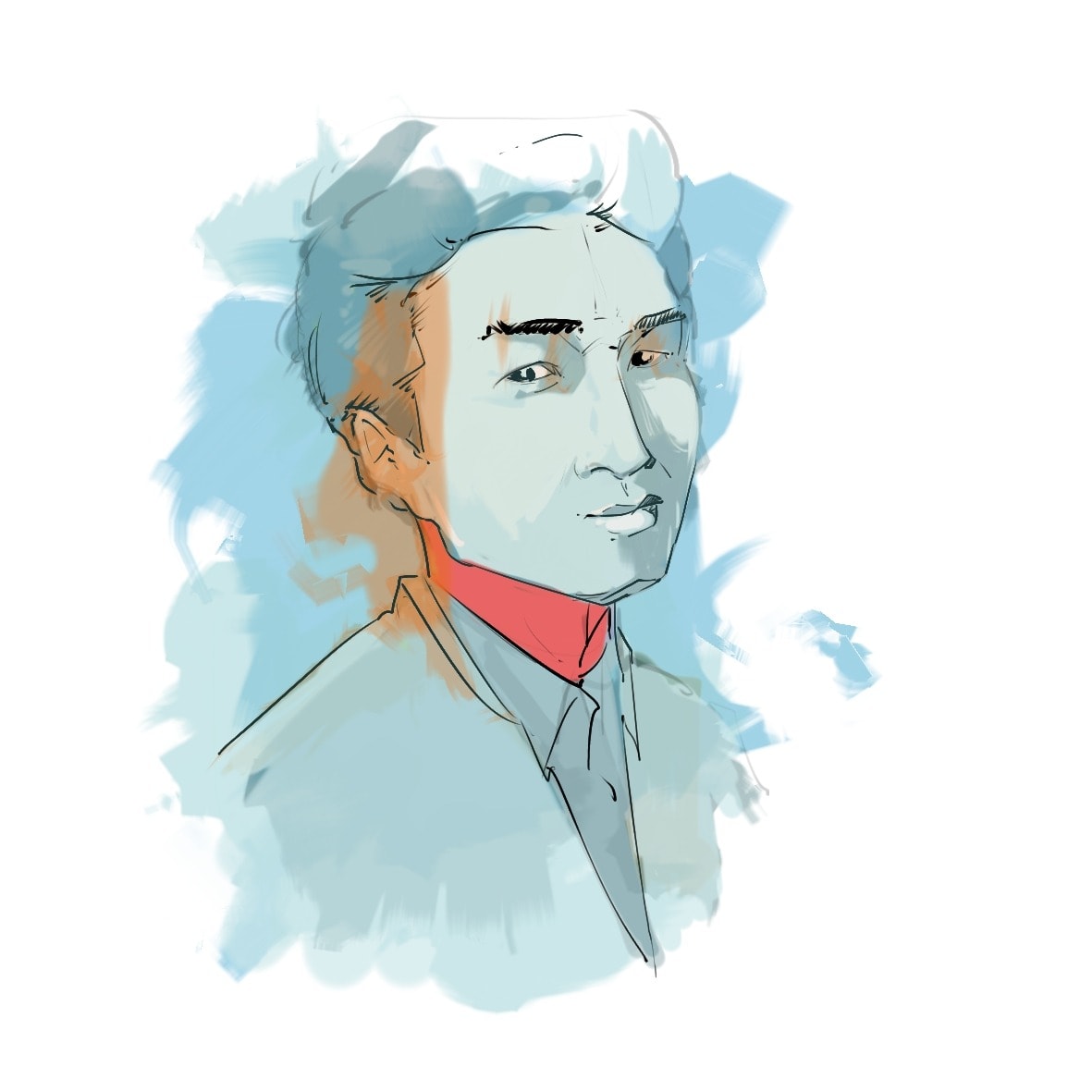
Huishan Zhang
Huishan Zhang is the UK’s hottest design import from China. With a professional ascent in the fashion world described as a “meteoric rise” by various media outlets, Zhang is more inspired than ever by his cultural roots.
“My Chinese heritage is very important to me, and the influence in the collections comes very naturally and spontaneously,” says Zhang, who grew up in the coastal city of Qingdao, and moved abroad at the age of 17. “I feel very honoured to have a platform to represent and promote what makes China special,” he says.
His East-West inspirations are subtly visible in the many pieces he has created since graduating from Central Saint Martin’s College of Art in London. Feminine and ethereal, the designs are not a mere ‘modern twist’ on traditional Chinese styles. His pieces flirt with textures, layers and embellishments by weaving in hints of the East whilst remaining wildly varied in colour and structure.
His work has very much more been in keeping with the idea of ‘Innovative China’ than ‘Made in China
Chinese craftsmanship and quality is something Zhang wants to showcase as a young, modern fashion designer, and so far, Zhang’s work has very much been more in keeping with the idea of ‘Innovative China’ than ‘Made in China’. But his appreciation of the past is still where his muse is to be found, Zhang reveals. “It often begins with me in a library, researching through the eras, reading literature and watching old and modern films from a mix of cultures. I never know what rabbit hole I’ll find myself down”.
London is where his brand is based. “I love London as a city, there is a diverse mix of cultures, and it’s hard not to feel inspired here. I’ve been very supported by the industry and encouraged to create and push the boundaries – as a designer, that’s very uplifting.”


